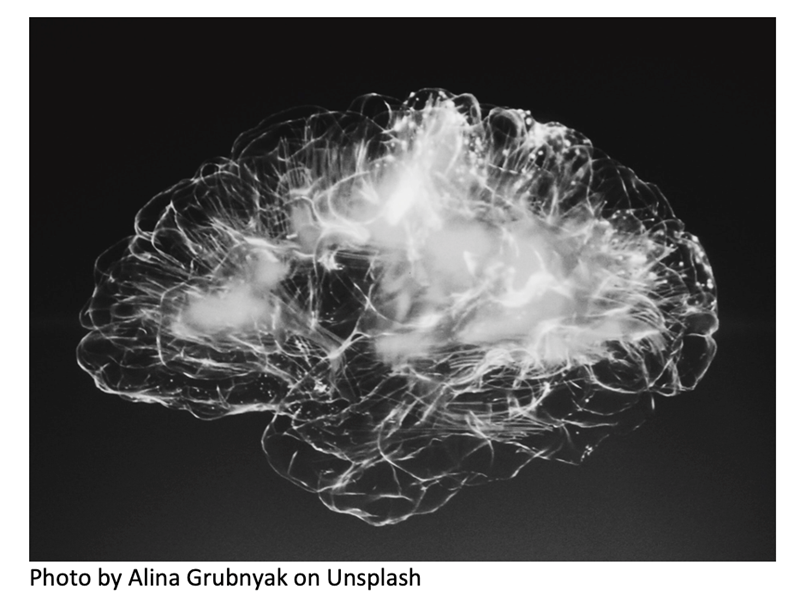Study Repurposes GRASP-MRI into High-Quality 4D MRA Data
 A multicenter study published in Scientific Reports retrospectively reconstructed ultrahigh temporal resolution, dynamic MRA from golden‑angle radial sparse parallel (GRASP) MR imaging obtained in the course of routine practice. Using a custom implementation of the GRASP algorithm and post-processed with MeVisLab (MeVis Medical Solutions AG, Germany), 20 consecutive examinations were scored by three neuroradiologists for angiographic quality of specific vascular segments and imaging artifacts using a 4-point scale. Median rating for vascular segments was 3 (excellent) in all reconstructions and for nearly all segments, with excellent intraclass correlation (range 0.91–1.00). No cases were degraded by artifacts.
A multicenter study published in Scientific Reports retrospectively reconstructed ultrahigh temporal resolution, dynamic MRA from golden‑angle radial sparse parallel (GRASP) MR imaging obtained in the course of routine practice. Using a custom implementation of the GRASP algorithm and post-processed with MeVisLab (MeVis Medical Solutions AG, Germany), 20 consecutive examinations were scored by three neuroradiologists for angiographic quality of specific vascular segments and imaging artifacts using a 4-point scale. Median rating for vascular segments was 3 (excellent) in all reconstructions and for nearly all segments, with excellent intraclass correlation (range 0.91–1.00). No cases were degraded by artifacts.
In the study, unsubtracted images, baseline-subtracted images, and a temporal gradient dataset were available in 2D and 3D reconstructions. Distinct arterial and capillary phases were identified in all reconstructions, with a median of 2 frames (IQR1-3 and 2–3, respectively). No artifacts were reported as degrading evaluation, including either motion, ghosting, aliasing or other artifacts related to parallel acceleration, with the exception of a sub-optimal subtraction in a single case, which did not affect angiographic quality. Streak-like signal spikes related to radial k-space sampling were observed in the image periphery in the majority of cases without degradation of imaging or angiographic quality.
The authors suggest that the flexibility of GRASP to be used as anatomical/structural sequence, producing pre- and post-contrast T1-weighted images, makes it highly suitable for routine application. They conclude that GRASP MRI, “can be simultaneously or even retrospectively utilized for production of 4D MRA with high spatial and temporal resolution, reliably demonstrating excellent angiographic quality and a low tendency for angiographic artifacts.”